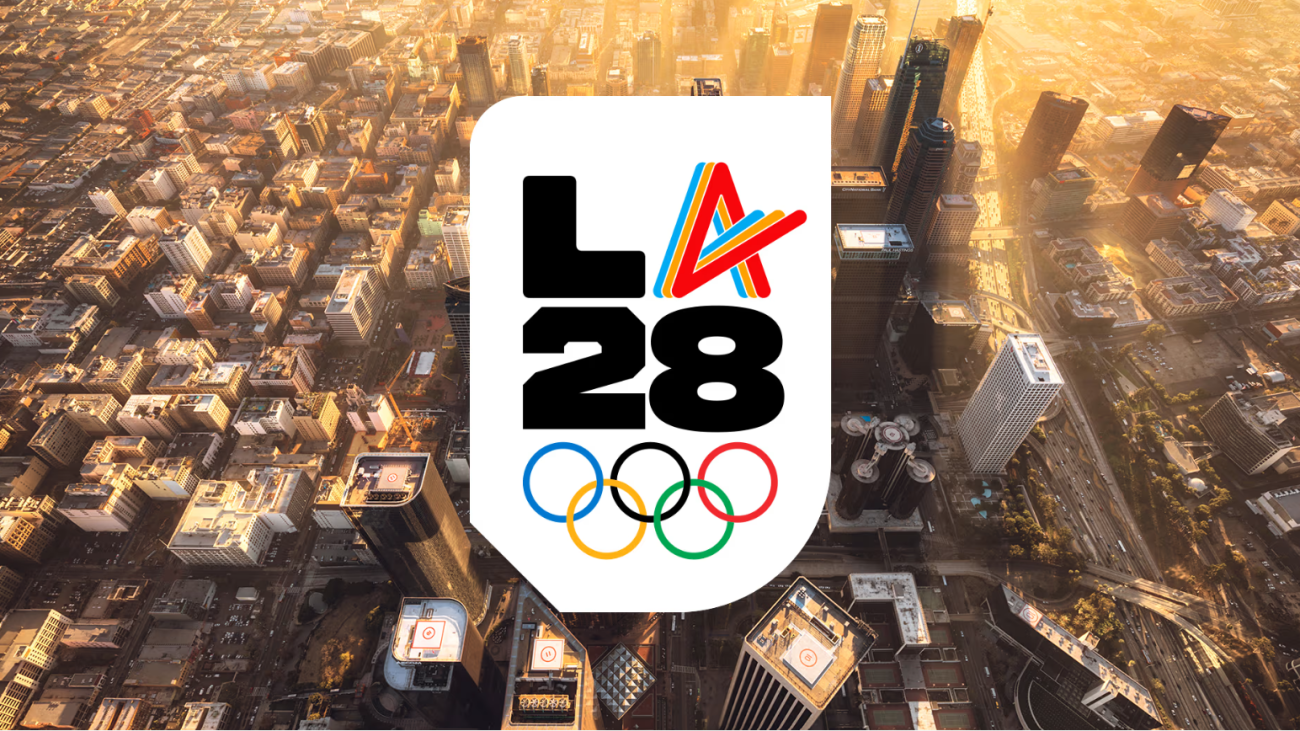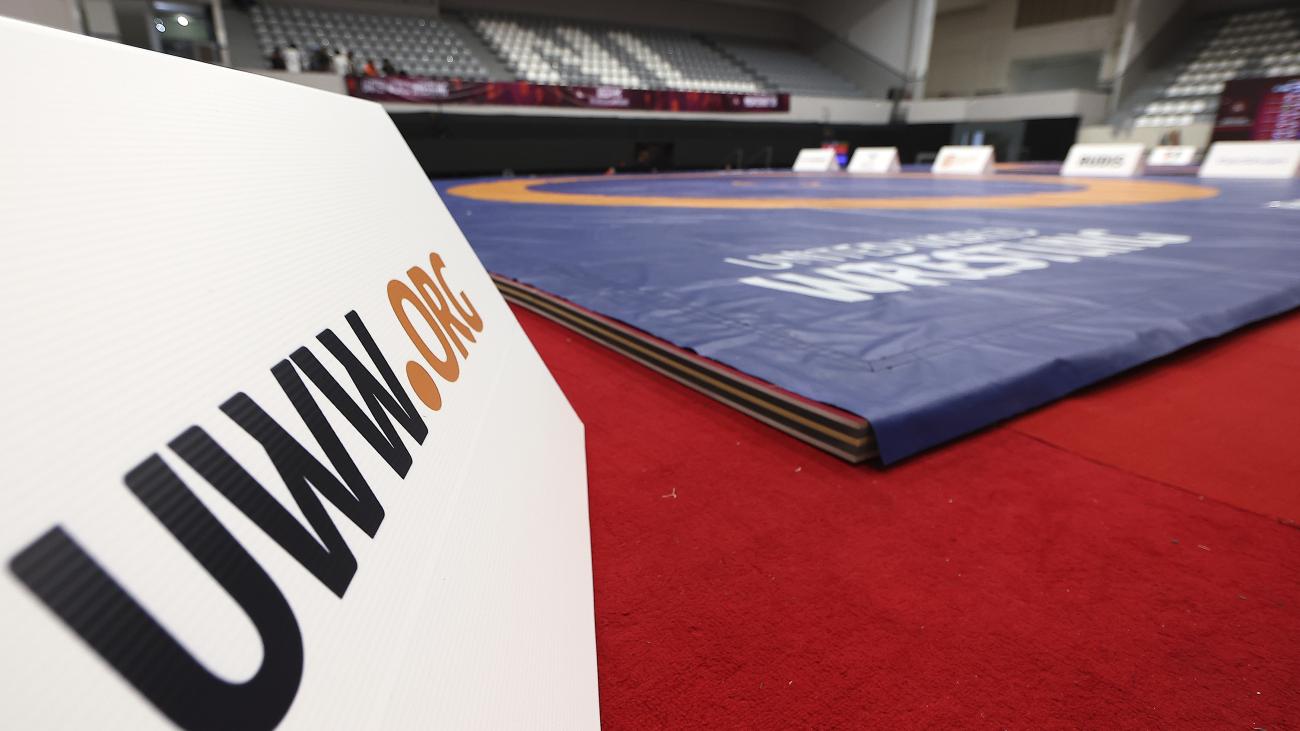CORSIER-SUR-VEVEY (April 7) -- The United World Wrestling bureau has voted to preserve the dates and host cities for the remaining qualification events of the Tokyo 2020 Olympic Games. The Bureau also passed a a series of technical adjustments to clarify athletes' Olympic eligibility and announce the 2020 Ordinary Congress.
The remaining Continental qualifiers will remain in the month of March and take place in their original host cities. The "Last Chance" qualifier will be held at the end of April in Sofia, Bulgaria.
"We want to plan our calendar in alignment with the IOC and the new dates for Tokyo 2020," said United World Wrestling president Nenad Lalovic. "We also find it vital to continue our work with host cities and concerned national federations."
After consultation with the concerned organizers, the Technical Commission and the Sports Department, the UWW Bureau also voted to postpone all UWW Championships planned before June 30, 2020. All international tournaments in this time frame are also cancelled.
UWW has also suggested that all National Federations cancel their national events during the time to ensure the health of all athletes and participants in protected.
The rest of the 2020 calendar will be adjusted to allow for consideration of the COVID-19 pandemic, and will take into account any financial challenges faced by organizers and national federations.
For athletes who meet the minimum age requirement in 2021 will be eligible to compete during Olympic qualification and the Games,
As stated previously by the IOC and UWW, no existing allocations of Olympic licenses will be changed.
In keeping with good governance, the UWW Ordinary Congress is still scheduled for September 6 on the eve of the Junior World Championship in Belgrade. However, as the championship may be postponed it was still agreed to convene to the Congress -- and the call for candidacies -- as though the Congress will proceed as planned.
By United World Wrestling Press
Share





